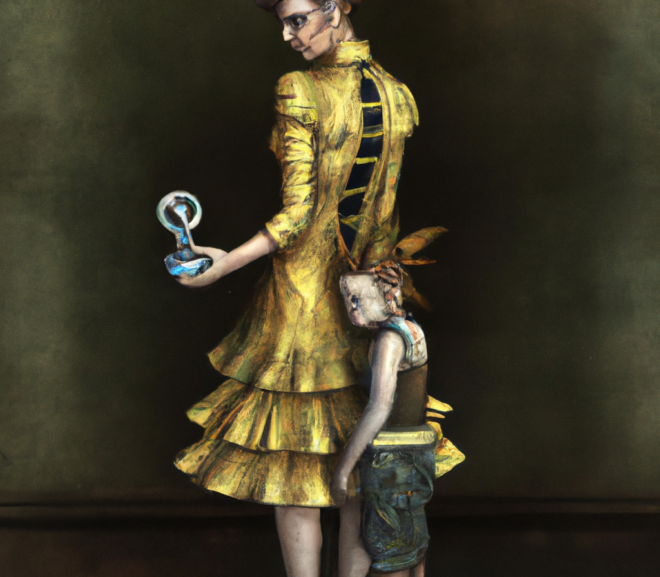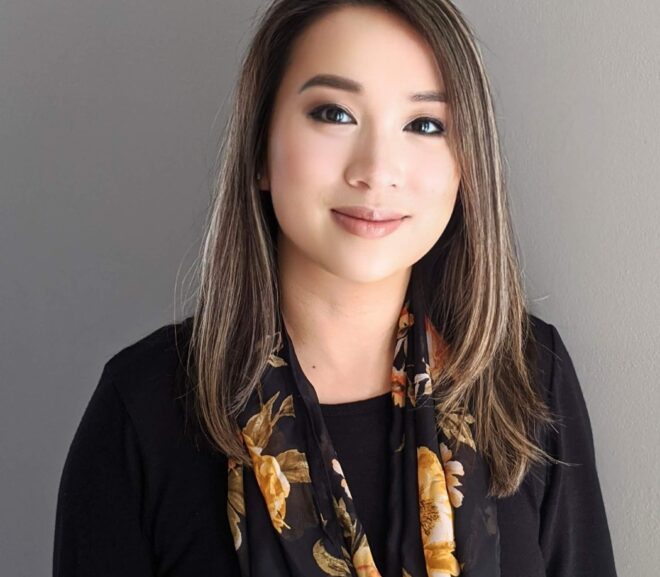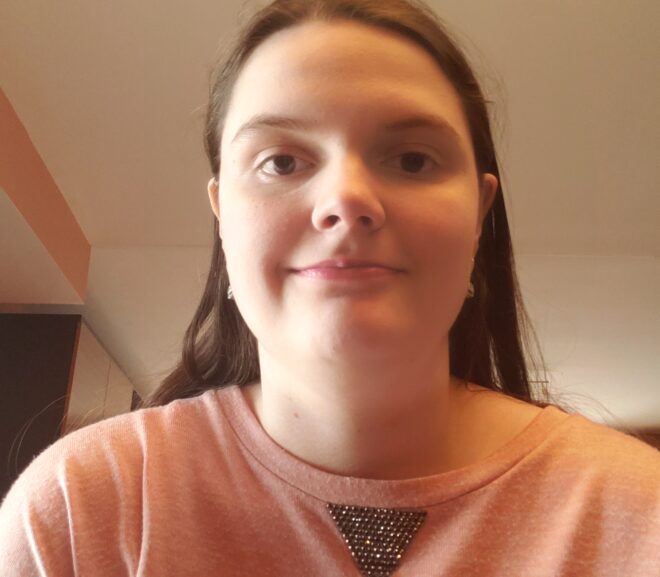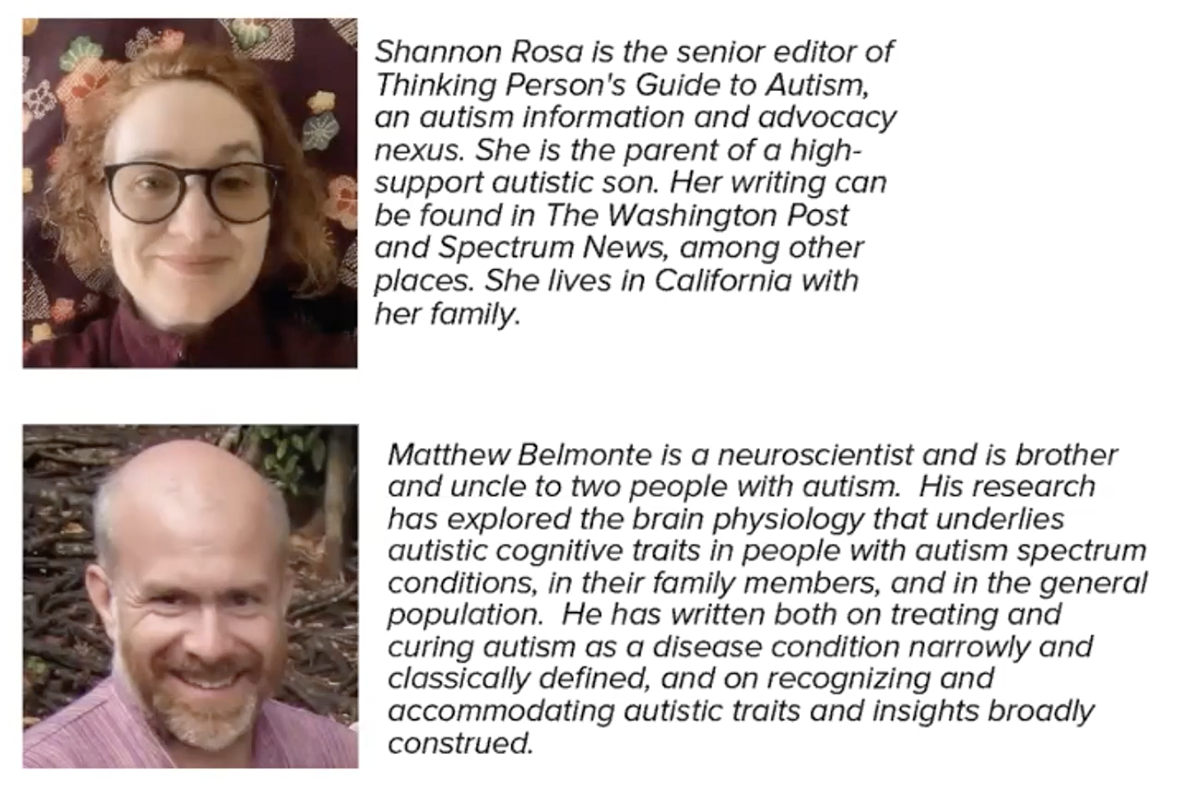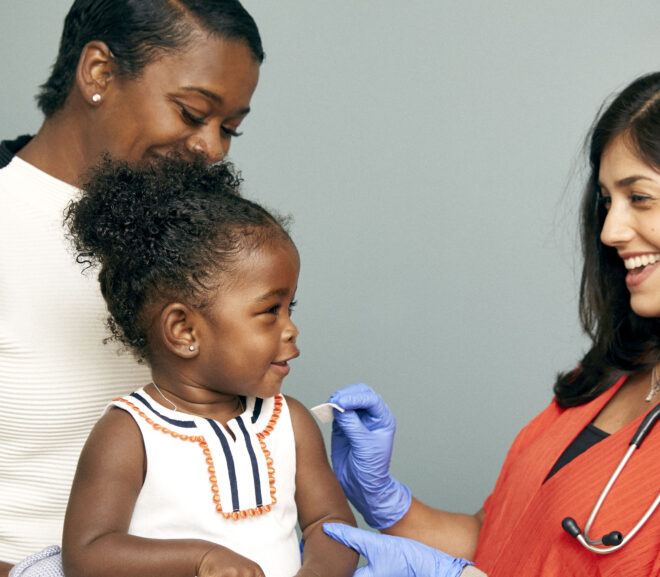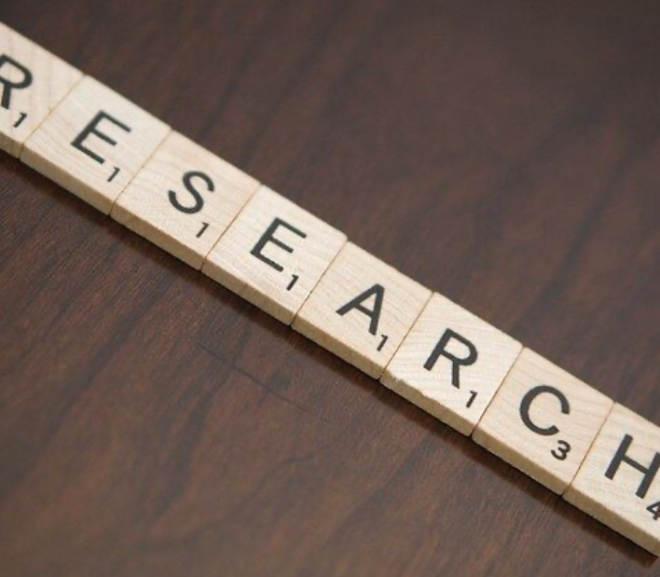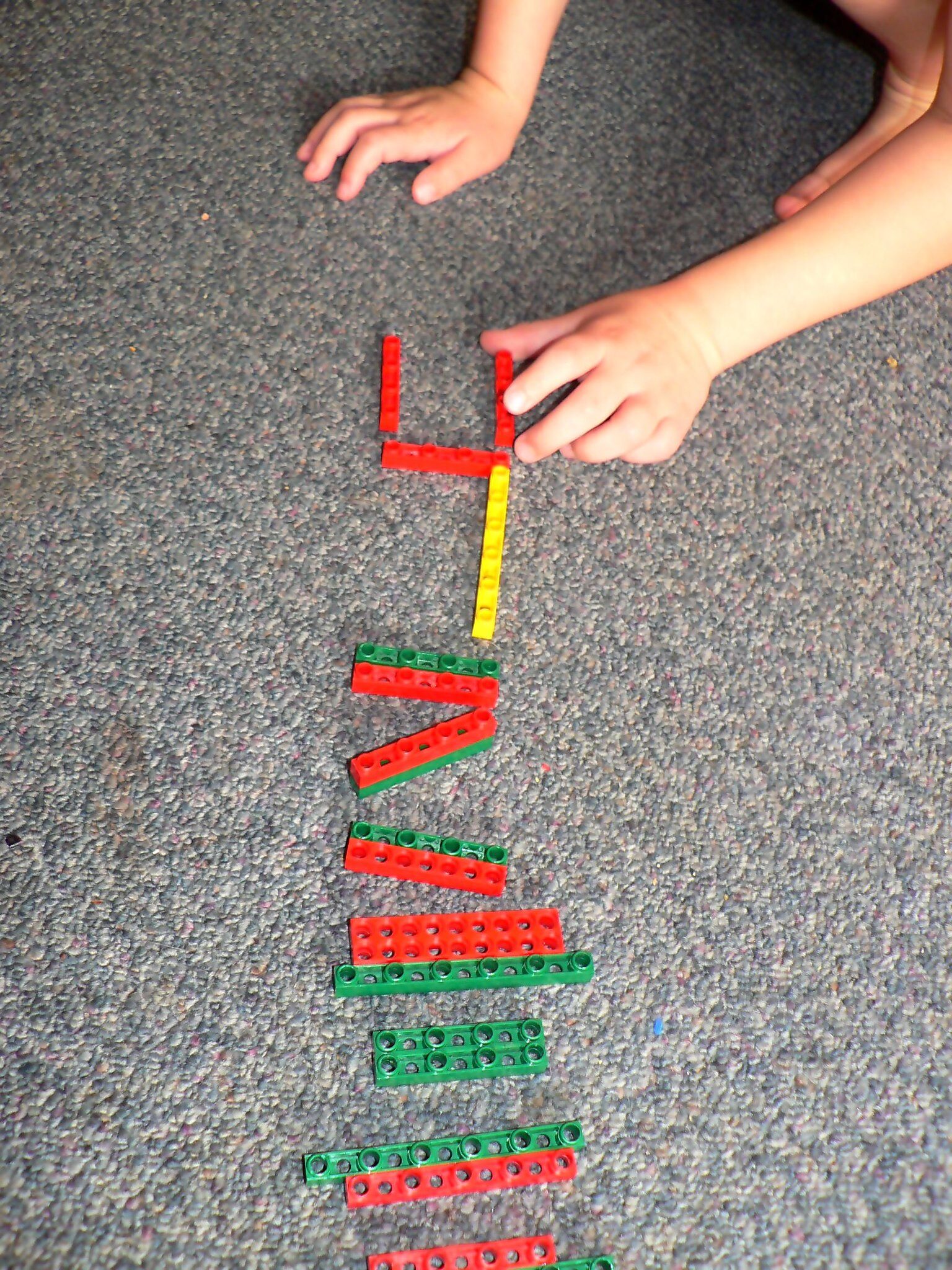Maxfield Sparrow talks with researchers Emma Pritchard-Rowe and Jenny Gibson about why autistic types of play (solitary, stimmy, etc.) are not “wrong,” and in fact can have an important function in supporting relaxation and recuperation.
Category: research
We spoke with autistic academics Richard Woods, Kathryn Williams, and C.A. Watts about their recently published letter explaining why “profound autism” bungles the support needs of autistic people with co-occurring conditions, and will endanger autistic lives.
Jenny Mai Phan is an Asian American autistic autism researcher, an Interagency Autism Coordinating Committee (IACC) member, and the mother of four children, two of whom are autistic.
Parents should tell their children they are autistic in ways that help them understand and feel good about who they are.
Our senior editor Shannon Rosa was invited to participate in the 2021 UC Davis Neurodiversity Summit, on a panel debating the role of the Neurodiversity Movement in supporting and including autistic people with intellectual and communication disabilities.
“I have no doubt that the individual researchers I have encountered are well-meaning and sincere in their desire to positively impact the world. However, there appears to be a total lack of awareness of current reproductive medicine practices’ bias against neurodivergent people, never mind the implications.”
What if the headlines had read, “Autism doesn’t have to be a problem if children are understood and supported”?
For the most part, autistic people and our families do not want funds to be used on genetic research, and would prefer them to be used to focus on services and societal interventions that can impact the wellbeing, quality of life, and mental health of autistic people across the lifespan.
Autistic people generally have different social skills, not broken ones. Yet we see paper after paper saying our social skills are broken, and the research teams don’t even bother to mention all the new research showing it’s not true.
Research indicates that autistic brains exhibit more diversity than non-autistic brains. If autism research is truly going to address the needs of such a varied population, then it needs to branch out similarly, get real about what autistic people need, and humanize its priorities.

